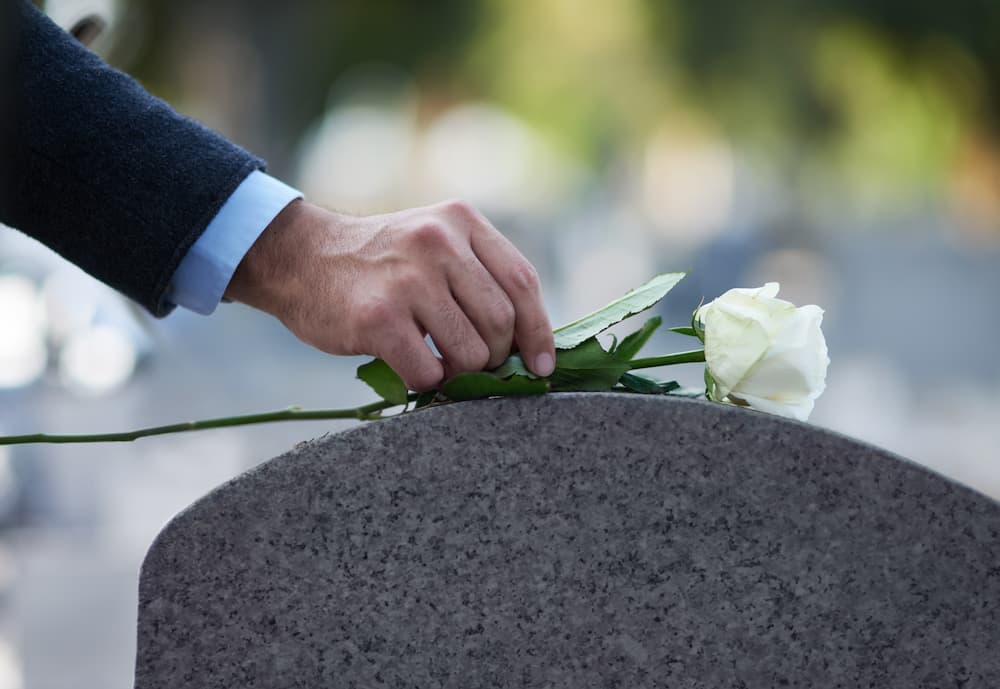
Spiritual Counseling
As patients navigate the end-of-life journey, addressing their spiritual needs becomes a crucial aspect of providing comprehensive hospice care. Spiritual counseling services offered by hospices can help patients and their families find meaning, purpose, and peace during this challenging time. This article explores the various spiritual counseling services provided by hospices and highlights their importance in enhancing the overall well-being of patients and their families.
Understanding the Role of Spiritual Counseling
Spiritual counseling in hospice care focuses on helping patients and their families explore their beliefs, values, and emotions, providing them with a sense of comfort and support as they face life-limiting illnesses. These services are tailored to the unique spiritual needs of each individual, regardless of their religious or cultural background.
Spiritual Assessments
Chaplains and other spiritual counselors conduct comprehensive spiritual assessments to identify patients’ and families’ spiritual needs and preferences. These assessments help guide the development of personalized spiritual care plans that address the specific concerns and goals of each patient.
One-on-One Counseling
Spiritual counselors provide one-on-one support to patients and their families, helping them address feelings of fear, grief, anger, and guilt that may arise during the end-of-life journey. Through empathetic listening and compassionate presence, spiritual counselors offer a safe space for individuals to explore their emotions and find solace.
Support for Religious and Cultural Practices
Spiritual counseling services respect and support patients’ religious and cultural practices, facilitating their engagement in rituals, prayers, and other activities that may provide comfort and meaning. Spiritual counselors collaborate with patients, families, and the hospice care team to ensure that each individual’s spiritual needs are met in a respectful and appropriate manner.
Facilitation of Religious Services
For patients who wish to participate in religious services, spiritual counselors can help arrange for appropriate clergy or religious leaders to visit, lead prayers, or conduct ceremonies at the patient’s bedside or in a designated space within the hospice.
Support for Non-Religious Patients
Spiritual counseling is not limited to individuals who identify with a specific religion. Spiritual counselors provide support and guidance for patients who do not adhere to a particular faith but seek a sense of meaning, purpose, and connection during their end-of-life journey.
Grief and Bereavement Support
In addition to supporting patients, spiritual counselors also provide grief and bereavement support for families and caregivers as they cope with the loss of their loved one. This support may include individual counseling, group sessions, or referrals to community resources that can help families navigate the grieving process.
Pre-Bereavement Support
Spiritual counselors may offer pre-bereavement support to families and caregivers, helping them prepare for the impending loss of their loved one and develop coping strategies to manage their grief.
Post-Bereavement Support
Following the patient’s death, spiritual counselors continue to provide grief and bereavement support to families and caregivers, assisting them in processing their loss and moving forward with their lives.
Spiritual counseling services play a vital role in comprehensive hospice care, addressing the unique spiritual needs of patients and their families during the end-of-life journey. By providing personalized support, guidance, and resources, spiritual counselors help individuals find meaning, comfort, and peace during this challenging time.
Recent Blog Posts
Volunteers: The Unsung Heroes of Hospice Care
While healthcare professionals play a critical role in hospice care, volunteers are the unsung heroes who provide a wide range of essential services to patients and their families.
Vital Role of Social Workers in Hospice
Social workers can provide critical support and resources to make the process more manageable. Understanding the role of social workers can help you or your loved one make the most of the available services and resources.
Key Pillars of Bereavement Support for Families and Caregivers
Seek bereavement support to cope with the loss of a loved one. Key pillars of support include grief counseling, support groups, memorial services, and education/resources. Remember to be patient and kind to yourself.



